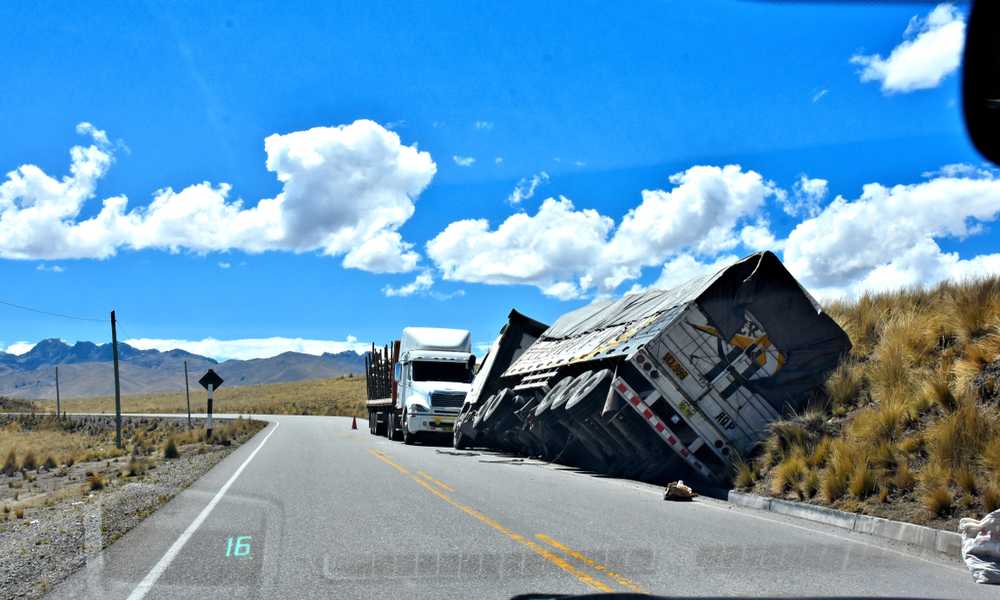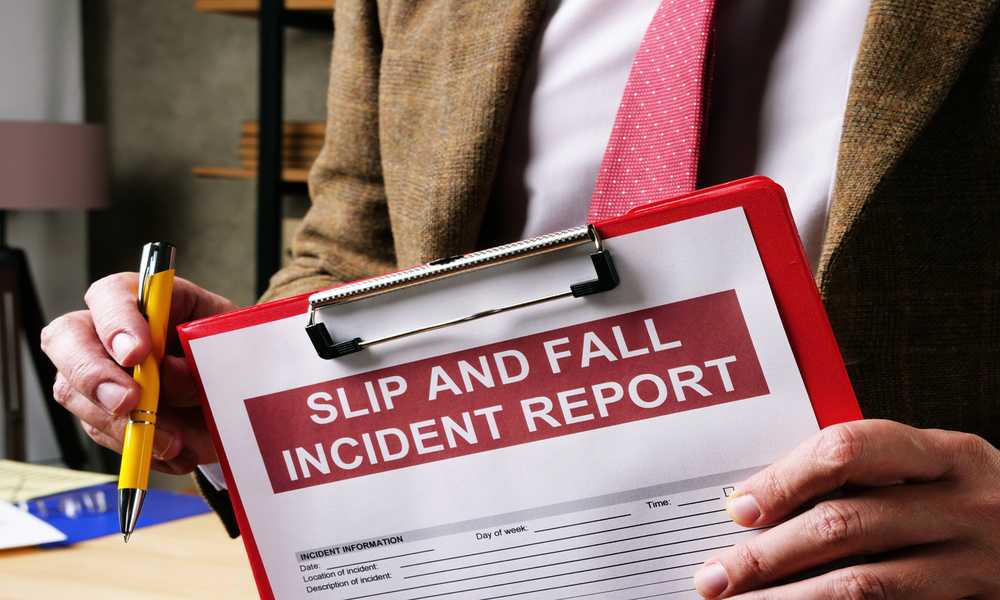
There are risks involved in operating semi-trailer trucks or 18-wheelers. These trucks’ enormous size and high speed have the potential to seriously harm traffic infrastructure. In 2018, 4,862 large trucks were involved in fatal crashes, according to the Federal Motor Carrier Safety Administration. Fifty-five percent of these large truck fatal crashes involved single vehicles, including 18-wheelers.
A large truck accident can result in a number of complications. Because of this, you ought to speak with an 18-wheeler lawyer as soon as possible following the occurrence. An 18-wheeler accident lawyer can assist you in navigating the legal system from injury to liability to insurance claims.
WHY ARE 18-WHEELERS SO DANGEROUS?
Weight and speed combined: An average loaded tractor weighs 40 tons, compared to the 1.5 tons of an average consumer car. That weighs almost 27 times as much as a typical car. Imagine a 40-ton truck colliding with a small car at 60 mph; the results could be catastrophic. Stopping Lengths: Compared to a car, large trucks require a lot more time to stop. In perfect circumstances, it takes an average passenger car moving at 65 mph 316 feet to stop. On the other hand, a 40-ton truck moving at the same speed needs 525 feet to stop. Large trucks also have to contend with brake lag. There is a delay when the driver applies the brakes because of the way air brakes operate.
COMMON CAUSES OF 18 WHEELER ACCIDENTS
It’s not always clear what caused an 18-wheeler accident. It’s possible that another party contributed to the collision besides the truck driver. Accidents frequently have a multitude of contributing factors. These are a few of the most typical reasons why 18-wheeler accidents occur.
1. Driver Inexperience
Before receiving their Commercial Drivers License (CDL), drivers must complete a rigorous training program. States have different requirements, but generally speaking, drivers need to pass a written test, obtain a learning permit, and pass a driving test.
Companies may be intentionally or inadvertently employing drivers who lack the necessary qualifications due to the growing need for truck drivers in the sector. Furthermore, instances of trucking schools issuing fictitious licenses may lead to an increase in the number of inexperienced drivers on the road.
2. Driver Fatigue
Thirteen percent of accidents involving commercial motor vehicle (CMV) drivers involved fatigue, according to the FMCSA. Truck drivers often have long hours behind the wheel in demanding circumstances. As a result, driving a big truck while dozing off is a serious risk.
Hours-of-service (HOS) regulations limit the number of hours that drivers can drive in order to mitigate this risk. For example, after 10 hours off-duty, drivers are only allowed to drive for 11 hours. During their shifts, drivers are also required to take mandatory breaks. But in spite of these rules, driver fatigue can still occur. Furthermore, in order to fulfill delivery requests, drivers may decide to break HOS laws, which puts everyone else on the road in danger.
3. Distracted Driving
Truck collisions and near-collisions are frequently caused by distracted driving. Truck drivers are distracted in some capacity in about 80% of collisions. Numerous things can lead to distracted driving.
It can be inside or outside of the cab, including things like:
- Sending texts
- Employing dispatch equipment
- Food and beverages
- Consuming tobacco
- Taking in the billboard
- Changing the GPS
WHAT TO DO AFTER AN 18 WHEELER ACCIDENT
Trying to figure out what to do after an 18-wheeler crash can be very overwhelming. These are the fundamental actions you should do after your accident.
1. Move to Safety
To prevent a secondary collision, move your car if the accident was minor and it can still be driven. If you are in a safer place right now or if you have serious injuries, stay seated until assistance arrives. To report the accident to the authorities, dial 911.
2. Exchange Information with the Truck Driver
Along with their name, contact details, license, registration, and insurance information, exchange details with the truck driver. The name of their trucking company and any pertinent contacts should also be obtained.
Don’t talk about too much with the truck driver. Never talk about who’s at fault. A straightforward apology could be turned against you.



